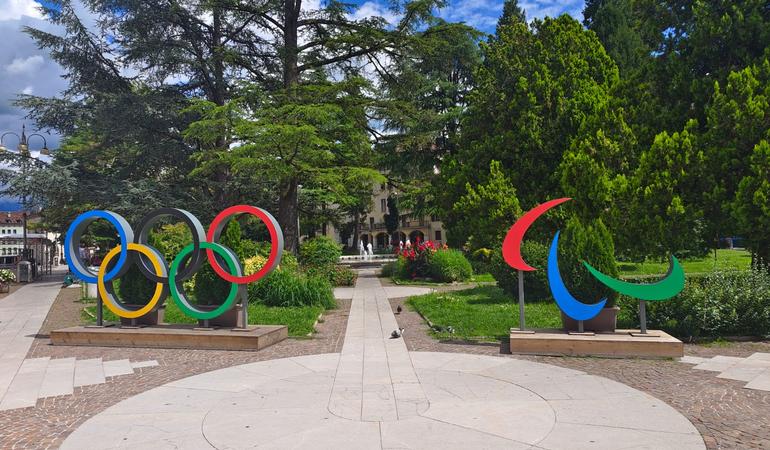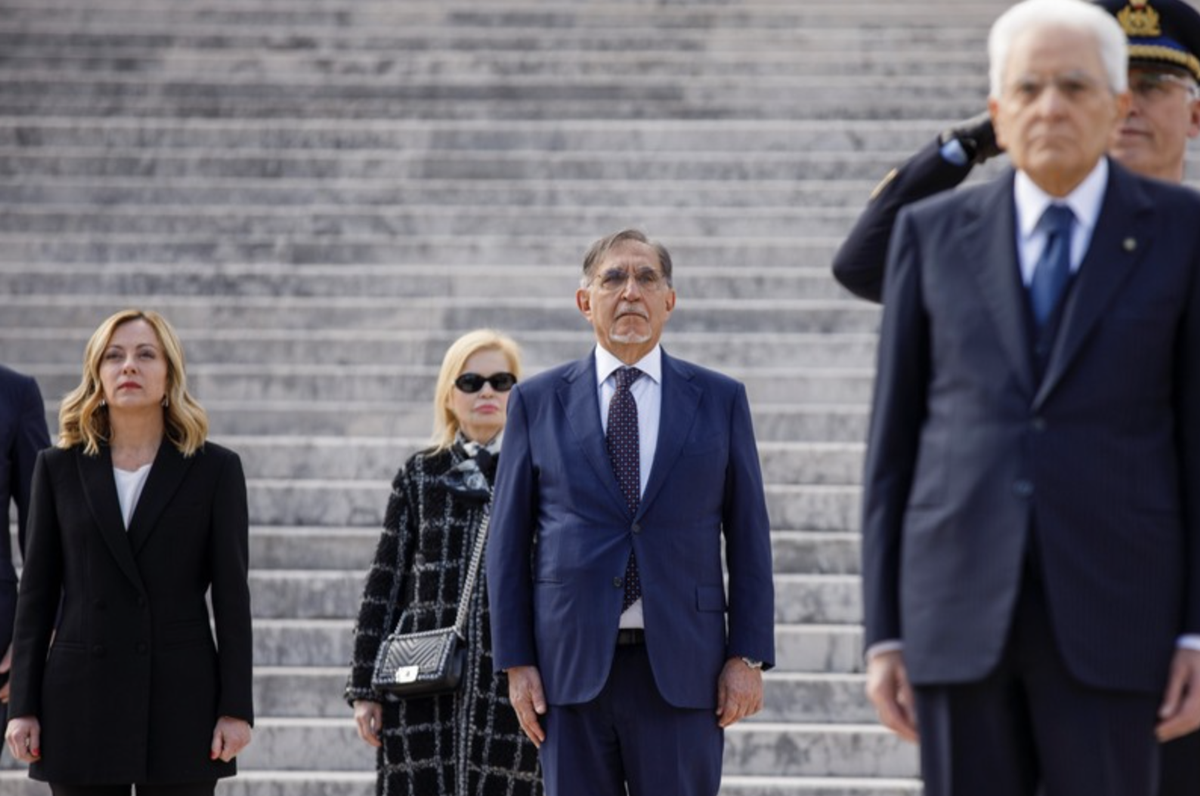
Il forum sull'eredità olimpica di Milano-Cortina 2026 non è mai entrato in funzione

Elena CiccarelloDirettrice responsabile lavialibera



31 gennaio 2025
The security bill, the Italian government initiative that could change and weaken the rule of law, was approved in the House last September and is currently being discussed in the Senate. In the event of white smoke, the measure would lead to the introduction of numerous, new crimes, such as blocking roads or railways during demonstrations or prison riots (which would also apply to passive, non-violent forms of resistance).
Not forgetting the cancellation of the deferment of prison sentences for female prisoners who are mothers of children in their first months of life or, again, the ban on selling sim cards for smartphones to migrants without residence permits. Recently, on both measures, some perplexities have emerged on the part of the Quirinale, which, in addition to these provisions, also seems to have disliked the ban on demonstrations against large-scale works and strategic infrastructures, as well as the introduction of the crime of prison riot extended to passive resistance and the possibility of universities collaborating with the secret services, with the risk of filing students with certain political positions.
UN rapporteur Satterthwaite: 'Attacks on judges are against everyone'
The position taken by the President of the Republic Sergio Mattarella seems to have found some openings in the centre-right majority, in particular in Forza Italia and in some exponents of Fratelli d'Italia, while the League continues to pull straight to reach final approval soon, threatening to introduce even harsher rules if the text is opened to amendments.
However, those coming from the Quirinale are not the only concerns about the negative effects the bill could have. As early as last May, the OSCE - the Organisation for Security and Cooperation in Europe - had pointed out that 'most of the provisions have the potential to undermine the fundamental principles of criminal justice and the rule of law', calling for the text not to be approved or in any case for substantial changes to be made.
In the last days of 2024, similar stances came from the Commissioner for Human Rights of the Council of Europe and six UN Special Rapporteurs. In the first case, CoE Commissioner Michael O' Flaherty, in a letter of 16 December addressed to Senate President Ignazio La Russa, had pointed out that some of the provisions of the bill risked undermining the freedom of peaceful demonstration and protest, thus contravening Articles 10 and 11 of the European Convention on Human Rights.
While focusing on these issues, he specified that the entire bill raises several additional concerns in relation to other rights. Concerning prison in particular, O' Flaherty explained how Edu Court jurisprudence, national jurisprudence and reports of the Committee for the Prevention of Torture (Cpt) argue that the treatment and conditions in Italian prisons and detention centres for migrants are deemed not to meet international standards, adding grounds for detainees to challenge their conditions through peaceful means.
Freedom of the press is increasingly threatened in Italy
Protest should be listened to and not pursued, as the security bill does. For this reason, the commissioner's request to Italian senators via President La Russa was to 'refrain from adopting the bill unless it is substantially amended to ensure that it complies with the Council of Europe's minimum human rights standards'.
On 19 December, just three days later, six UN special rapporteurs addressed the Italian government to express strong concerns about the possible approval of the bill. In their letter, the UN rapporteurs explained 'how some provisions, if not amended, could be in conflict with Italy's obligations to protect human rights', as set out in the International Covenant on Civil and Political Rights.
In particular, these are Article 9 (Right to liberty and security and prohibition of arbitrary detention), Article 12 (Right to freedom of movement), Article 14 (Right to a fair trial), Article 17 (Right to privacy), Article 19 (Right to freedom of expression and opinion), Article 21 (Freedom of assembly) and Article 22 (Freedom of association). The six Special Rapporteurs (on the rights to freedom of peaceful assembly and of association; on the promotion and protection of the right to freedom of opinion and expression; on the situation of human rights defenders; on the human rights of migrants; on contemporary forms of racism, racial discrimination, xenophobia and related intolerance; on the promotion and protection of human rights and fundamental freedoms in the fight against terrorism) also made some requests for amendments to the bill.
Since the beginning of the legislature, the centre-right coalition has introduced 48 new offences into the penal code, plus another countless number of sentence increases. The number of people in prison, even in the face of this penal 'activism', has increased by more than 5,000 in the last two years, exceeding 62,000, with a rate of overcrowding exceeding 132 per cent. A worrying picture, with the Security Bill threatening to be a further leap in the dark for our democracy and our prison system.
La tua donazione ci servirà a mantenere il sito accessibile a tutti
La tua donazione ci servirà a mantenere il sito accessibile a tutti